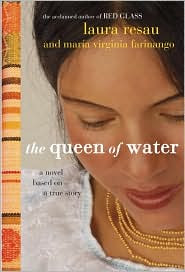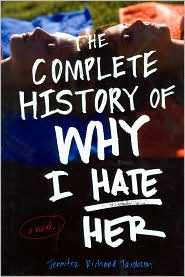
In Lena's world, falling in love is a disease - the deliria nervosa. Thankfully, the state has a cure for it. Unfortunately, you don't get the treatment until you are 18. Lena can hardly wait. Her own mother died of the disease and Lena is determined not to follow in her footsteps. However, when Lena meets Alex, she begins to fear that it might be too late. Alex is beautiful and enchanting and Lena is swept off her feet. She can feel the disease getting its grip on her. But Alex is far more dangerous than Lena suspects. He reveals another side to the world she lives in -- a side of darkness and deceit. Soon, the stakes are much higher than any love-struck delirium.
As dystopias go, the premise of this one is silly and implausible. Only an adolescent could really believe that grownups want to take away your ability to love. Even as a metaphor for human agency, the set-up doesn't really work. In the end, the setting is really just there to create the action. And for that, Oliver certainly throws up the volume pretty high. There is plenty of action and enough visuals here to power the film that is slated to go into production soon.
The writing suffers from poor pacing. I got pretty bored of the constant mention of "unbearable shooting pain." As they say in Princess Bride, "you keep using these words, but I don't think they mean what you think they do." How much agony and terror can Lena take? And how much more of it do I have to read about? At the very least, I wanted Lena to admit that the pain/terror/fear she felt twenty pages back was nothing compared to what she was feeling now. The ending (and its accompanying cliffhanger) won't really surprise anyone either. I'd suggest waiting for the movie and skipping the book.



















